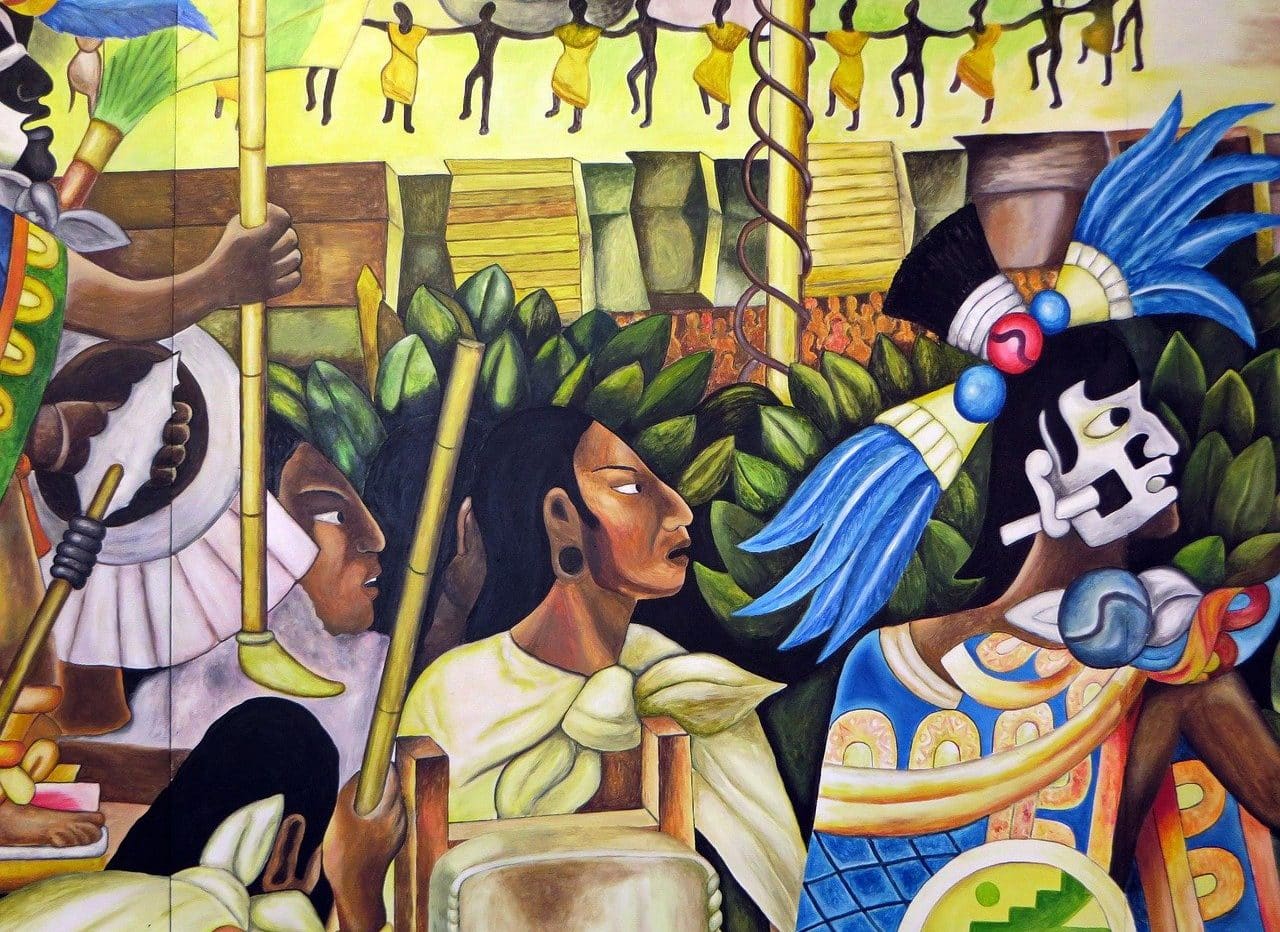
Aboriginal peoples of America such as the Aztecs and the Caribs practiced cannibalism.
Anthropophagy is the act of eating the flesh of a human being . The term derives from the Greek anthropophagía.
People who eat the flesh of other humans are known as anthropophagi or cannibals . Although the dictionary of the Royal Spanish Academy ( RAE ) attributes anthropophagy to humans (that is, to men who eat other men), the concept is also usually used to name animals that feed on human flesh .
History of anthropophagy
If we focus on people, it is important to highlight that anthropophagy is currently prohibited , although several ancient peoples engaged in this practice.
In America , some aboriginal cultures practiced anthropophagy for a religious or ritual purpose. Historians have proven that the Aztecs , the Guaraníes and the Caribs used to develop this type of cannibalism.
Anthropophagy could be understood as an offering to the deities . In some cases, certain groups ate enemies they defeated in battle as a way to maintain their strength . From psychology, it has been explained that anthropophagy could be linked to an intention to dominate .
In recent decades, isolated cases of anthropophagy have been recorded. They are generally linked to subjects with mental imbalances , although some also appeal to anthropophagy as a survival method in some extreme situations. Regarding this last particularity, it is worth highlighting what happened in 1972 , when the survivors of a plane crash that occurred in the Andes Mountains ate the meat of the deceased since they were isolated in the mountains and without the possibility of accessing other types of food. of food .

Nowadays, anthropophagy often appears in horror stories.
The view of veganism
Anthropophagy is one of the least talked about topics in the media, partly because it is an uncommon practice, but also because it is especially unpleasant for the general public. The normal thing is to feel deep disgust when thinking, just for a second, of a person eating human flesh. However, this brings us to the eternal controversy of carnism and veganism: what difference is there between the life of a cow, that of a dog and that of a human? Why can we only accept the slaughter of the cow, as well as its use for food purposes?
There are various stories of murders that were covered up by using the corpses of the victims to prepare food, which in some cases was consumed by people unrelated to the crime, without knowing that it was not beef. It may seem like the perfect plan to erase the traces of a crime , or something tremendously unbearable for the weakest of stomachs. Therefore, killing a person is a crime, and eating it is a disgusting act, while killing an animal is a right, and eating it is a necessity. Animal activists do not think the same.
We are immersed in a maelstrom of contradictions, which largely takes place because we do not ask ourselves many questions, but rather we allow the giants to manipulate us and tell us what to do, when and how . Yesterday, smoking is good; Today, it causes cancer . Yesterday, cow's milk is necessary to take care of health; Today, it has contraindications that no one had noticed, and it also entails a wave of torture and slaughter that the media hides and disguises behind the smile of a cow.
Every now and then we find isolated news of cases of cannibalism, of people "with psychological problems" who eat their partners, of people "under the influence of strong illegal drugs" who do not resist human flesh, as if it were a horror film that has transcended the cinema screen. Those who buy the tray of meat at the supermarket , which comes from the subjugation of millions of innocent animals, do not have mental disorders or consume drugs, but they support an equally disgusting act. Could only one of the two parties be wrong?
